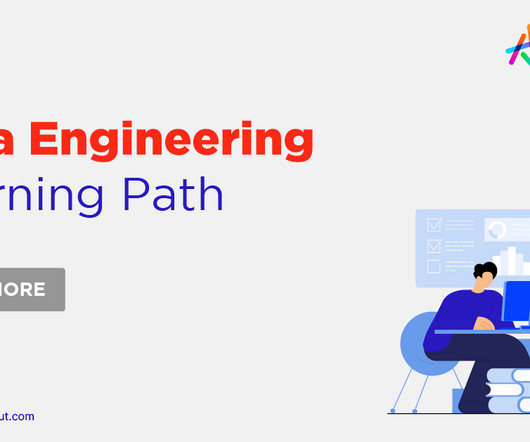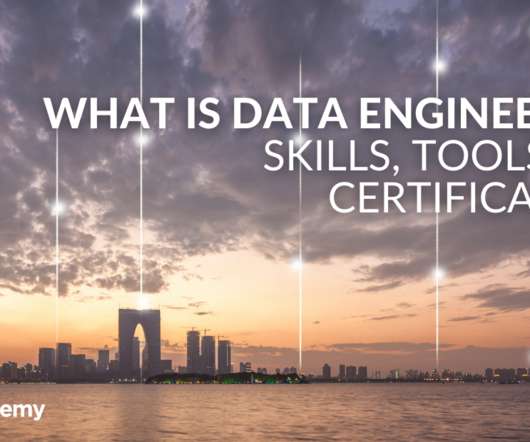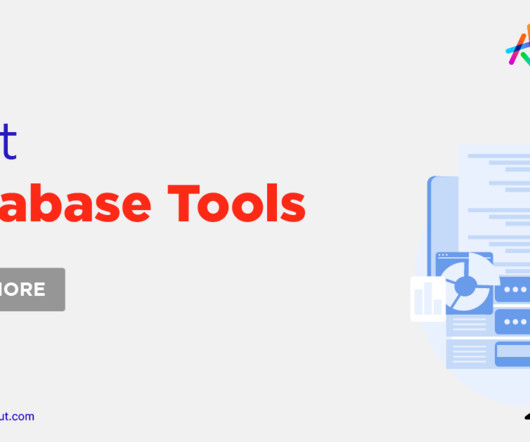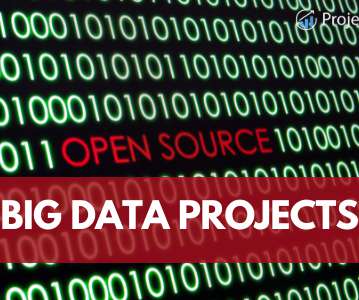Data Engineering Learning Path: A Complete Roadmap
Knowledge Hut
JUNE 23, 2023
Let us look at the steps to becoming a data engineer: Step 1 - Skills for Data Engineer to be Mastered for Project Management Learn the fundamentals of coding skills, database design, and cloud computing to start your career in data engineering. Coding helps you link your database and work with all programming languages.












Let's personalize your content